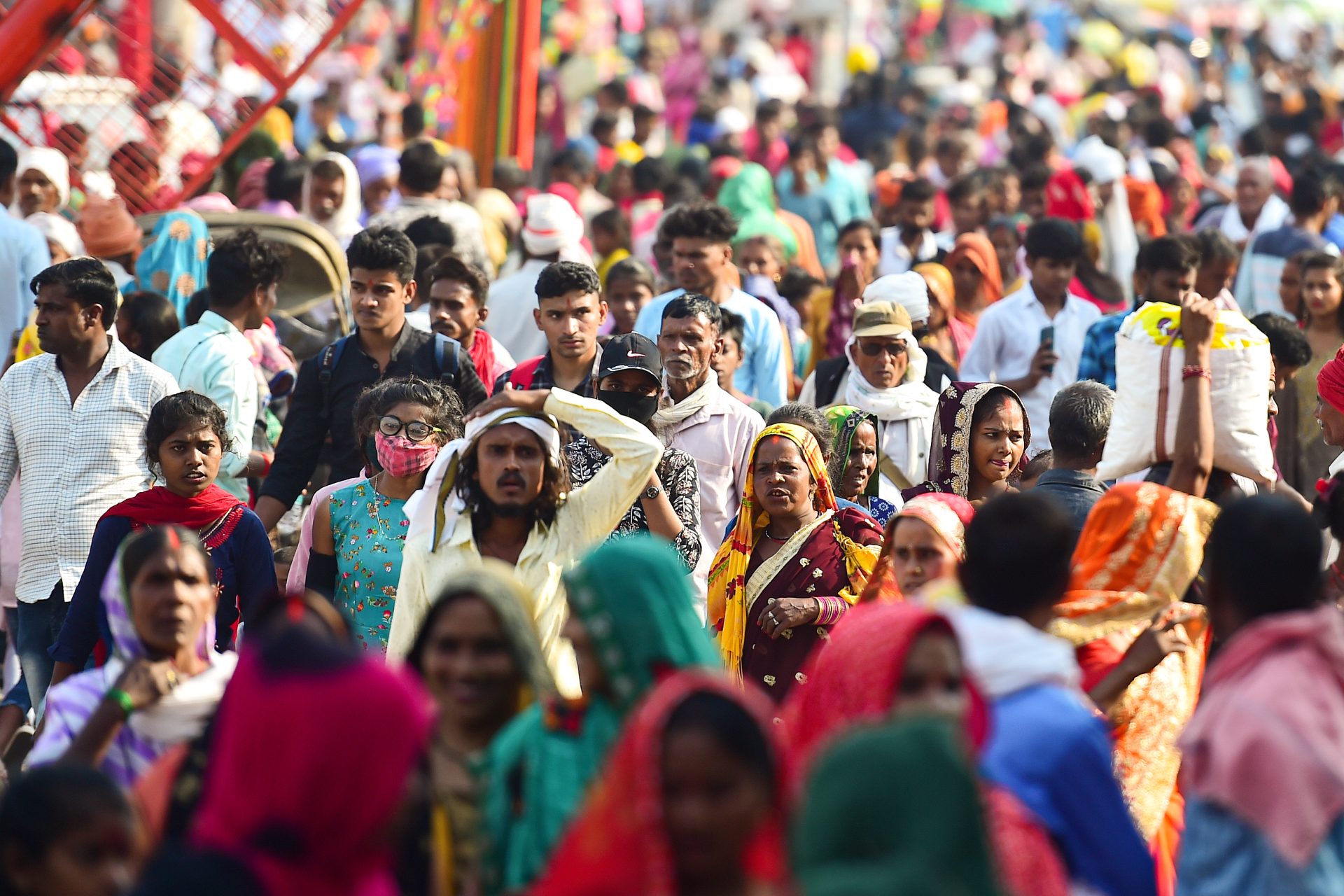India is a place of plural temples and churches, plural cultures and colors, plural scents and tastes, plural faiths and religions.
They were all there living together in one place — the tomb of St. Thomas the Apostle whom many believe to have come to India to preach the gospel (50-60 AD), Hindu temples from even earlier times, the different Protestant churches, Oriental rites and Western Christianities. They all worship beside each other, visit each other’s shrines, accept each other’s presence, respect each other’s way of life.
The little time I had in India overwhelms me on how beautiful difference is. One only needs to be confronted with plurality to understand its beauty.
Some people promote unity as uniformity — in governments, in schools, in churches, in families. But it is monotonous and corny. It is not faithful to life’s complexity. Many people fear pluralism because they think it leads to relativism. No, it leads us to appreciate “complexity” of which the world is, of which we all are.
Pluralism is not a threat to the Church and theology; it is a positive resource. Reality is plural. Difference is beautiful.
God’s creation, humankind, cultures and civilizations (i.e., the whole reality) are plural and manifold. So is the history of religions and churches. Theologies are only scholastic and rational but also mystical, apophatic, and symbolic. It is plural.
There is no one Christianity but Christianities. There is no one theology but theologies. There is no one spirituality but spiritualities. There is no one religion but many paths — all leading to the divine.
We are familiar with the story of the six blind men and the elephant, a story common to all Asian religions. Pluralism is the only way to think of the overwhelming God whom no one mind, no one form, no one way can fully comprehend.
Synodality is a byword in the churches today. Some people think it is the solution to all our problems.
But unless Christians accept pluralism and difference, no synodality is possible.
Father Daniel Franklin Pilario, C.M., is a theologian, professor, and pastor of an urban poor community in the outskirts of the Philippine capital. He is also Vincentian Chair for Social Justice at St. John’s University in New York. The opinions and views expressed in this article are those of the authors. They do not purport to reflect the opinions or views of LiCAS News or its publishers.







